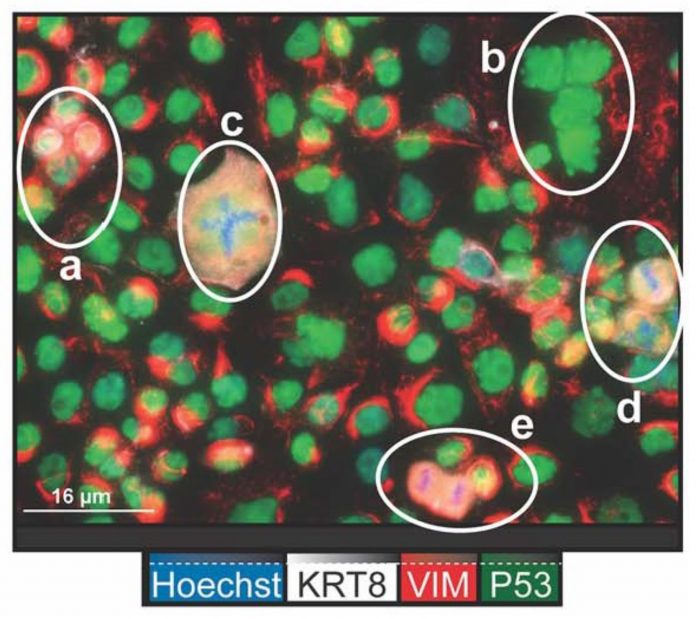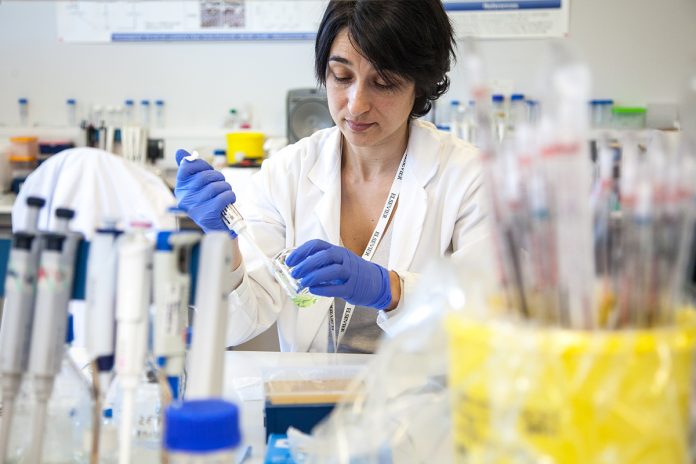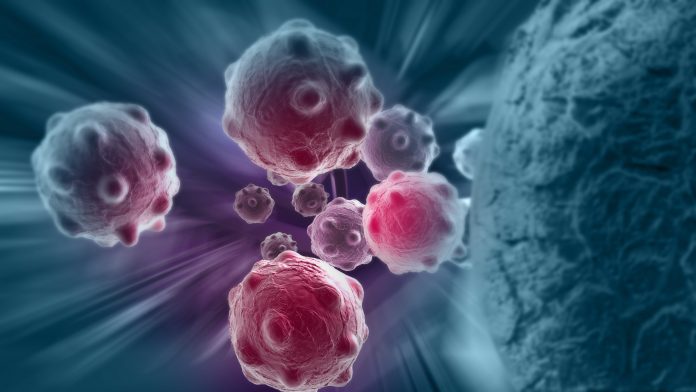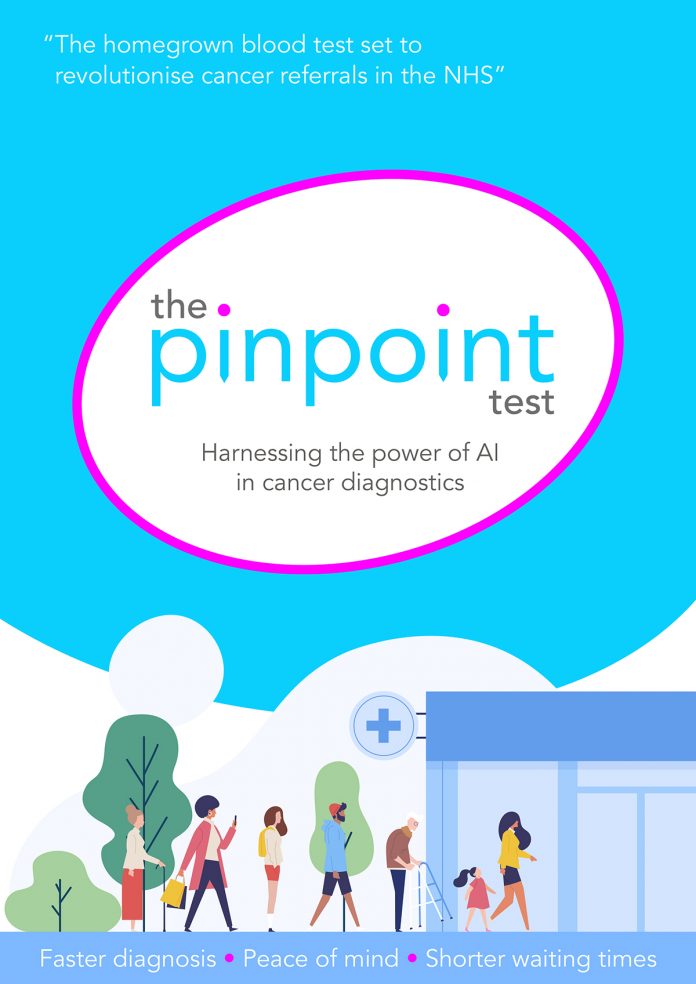Open Access Government produces compelling and informative news, publications, eBooks, and academic research articles for the public and private sector looking at health, diseases & conditions, workplace, research & innovation, digital transformation, government policy, environment, agriculture, energy, transport and more.
Home Search
ovarian cancer - search results
If you're not happy with the results, please do another search
Ultrasound test that detects ovarian cancer
Researchers have identified a new tool for detecting ovarian cancer in postmenopausal women.
Controlling ovarian cancer: An introduction to detection and treatment
With current strategies proving inadequate, what needs to be done is to further the research into detecting, treating, and controlling ovarian cancer.
Ovarian cancer research: Examining ovarian function and dysfunction
JoAnne S Richards, PhD, Professor at Baylor College of Medicine, explores ovarian cancer research with a focus on ovarian function and dysfunction.
Drug for ovarian cancer shows 52% reduction in death
Scientists have began using trametinib – used to treat skin and lung cancers – for ovarian cancer, showing that it can significantly slow the progression of the cancer.
Tiny “falloposcope” can detect early ovarian cancer
Scientists invented the ‘falloposcope’ to detect early-stage ovarian cancer - now, making history, a surgeon successfully used the device to capture images of fallopian tubes.
Subtle ovarian cancer symptoms that should not be missed
In recognition of Ovarian Cancer Awareness Month, Dr Nicky Keay, Chief Medical Officer at Forth and expert in endocrinology and women’s health problems, takes a look at some of the most common symptoms that too often get overlooked.
Ovarian cancer cells adjust to their environment to boost tumour growth
A new study revealing how ovarian cancer cells adapt to their environment to aid tumour growth brings researchers closer to developing targeted treatments.
Welsh project aims to offer treatment as ovarian cancer cases continue to rise
A new £2.6 million project led by Swansea University Medical School aims to dramatically improve the diagnosis and treatment of ovarian cancer.
New test could diagnose ovarian cancer up to two years earlier
A new test developed at Queen's University could allow ovarian cancer to be diagnosed at a stage up to two years earlier than current methods.
New drugs could stop ovarian cancer
Researchers at The University of Manchester have shown that a new class of drugs are able to stop ovarian cancer cells growing.
New developments in the treatment of ovarian cancer
Gunnar Kristensen, from the Department of Gynaecologic Oncology at Oslo University Hospital, looks at new strategies for the treatment of ovarian cancer.
It is recognised that the disease we usually call ovarian cancer can originate from either the ovaries, the fallopian tube (the organ bringing the eggs from the ovaries...
DigiTrials: NHS patients will be contacted to volunteer for cancer research trials
The NHS is looking for volunteers as part of the three cancer projects that have been selected as part of the NHS DigiTrials initiative. Almost 150,000 volunteers will take part in these trials to help transform cancer treatment.
T cells successfully fighting cancer
Else Marit Inderberg and Sébastien Wälchli from Oslo University Hospital explore what we need to know about T cells successfully fighting cancer.
Can obesity cause cancer? Examining the connection between obesity and cancer
63.8% of the UK population are currently overweight or obese. Obesity is a major cause of ill health. Being moderately obese takes around 3 years off your life, whereas severe obesity shortens it by at least 10 years.
Plant virus-based treatment effective against metastatic cancer
In a recent study, researchers at the University of California San Diego have developed an experimental treatment made from a plant virus that shows effectiveness in protecting against a broad range of metastatic cancers in mice.
Identifying lung cancer risk in ‘never smokers’ using artificial intelligence
An artificial intelligence tool can effectively detect high-risk individuals for lung cancer among non-smokers using routine chest X-ray images.
New study reveals chemical exposures linked to women’s Cancer risk
A recent study unveils alarming findings about women's cancer risk, indicating significant connections between the disease and exposure to certain endocrine-disrupting chemicals.
The impact of weight loss surgery on Cancer prevention
New research reveals that weight loss surgery is linked to reduced cancer incidence and mortality, particularly among females.
Molecular approaches to the hormonal regulation of ovarian follicular development
Examining mutations, tumor formation, hormonal regulation of ovarian follicular development, and so much more at Baylor College of Medicine.
The Pinpoint Test: Harnessing the power of AI in cancer diagnostics
Suspected cancer patients in England are currently referred to the NHS urgent cancer referral pathway, known as the ‘2-week wait’ (2WW). It guarantees that suspected cancer patients can see a specialist in Secondary Care within 14 days of referral.





















